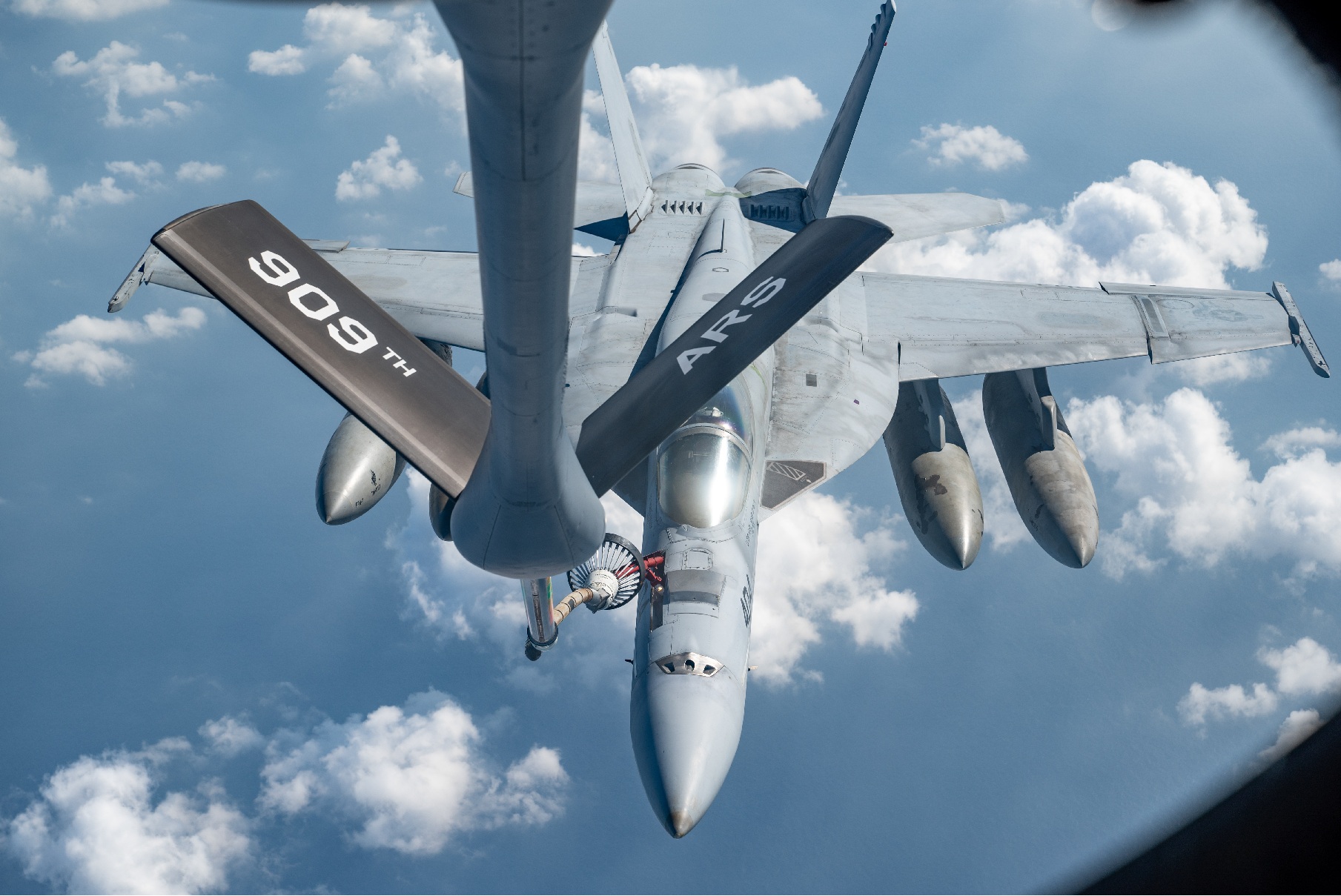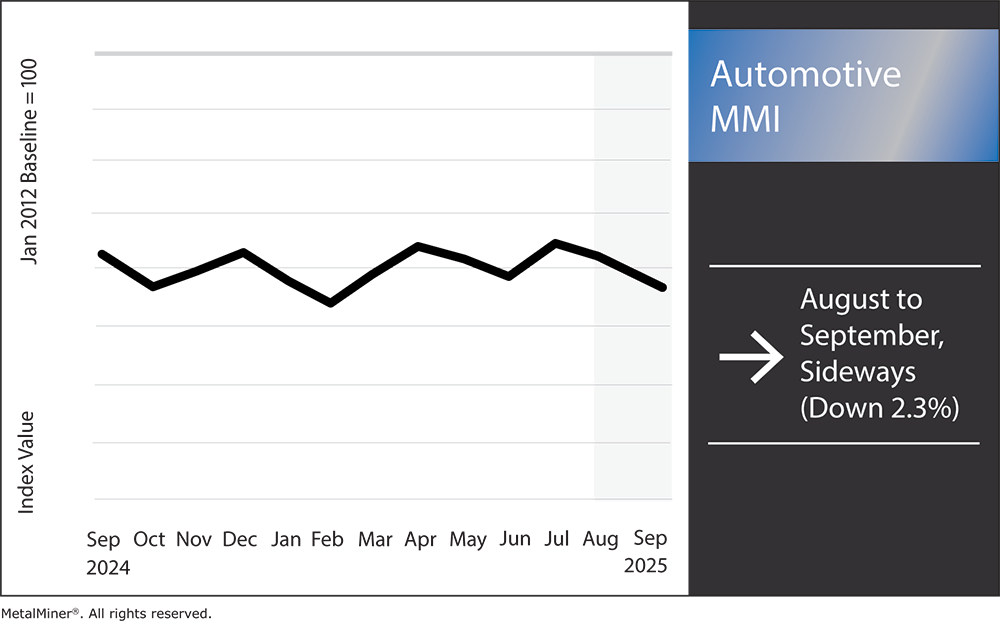
The sister of North Korean leader Kim Jong Un and a top military official issued separate warnings over the weekend ahead of upcoming U.S. military drills with South Korea and Japan.
The officials condemned the exercises—which include a war game simulating coordination with U.S. nuclear forces—as “reckless” and threatened unspecified countermeasures.
Newsweek contacted the North Korean Embassy in Beijing and the U.S. Indo-Pacific Command for comment via email.
Why It Matters
Though South Korean President Lee Jae Myung has signaled a more conciliatory posture toward Pyongyang than his hard-line predecessor, Seoul continues to deepen military ties with Washington and, increasingly, Tokyo amid growing concern over the Kim regime’s ballistic missile and nuclear weapons capabilities.
Kim has pledged to expand these United Nations-sanctioned programs, citing U.S.-led “provocations” as justification. Pyongyang’s military support for Russia’s war in Ukraine has further escalated tensions.
What To Know
Kim Yo Jong, the sister of Kim Jong Un and a senior official of the ruling Workers’ Party of Korea’s Central Committee, said this week’s drills marked a continuation of the “confrontational policy” of previous U.S. and South Korean administrations.
Using abbreviations for South and North Korea—officially the Republic of Korea (ROK) and the Democratic People’s Republic of Korea (DPRK), respectively—she said in a statement carried by the state-run Korean Central News Agency: “I remind the U.S., Japan and the ROK that the reckless show of strength made by them in real action in the vicinity of the DPRK, which is the wrong place, will inevitably bring bad results to themselves.”
In a separate statement, Pak Jong Chon, the vice chair of Central Military Commission, said the “reckless” war games posed a serious threat to North Korean security and undermined regional stability.
“The U.S. and its followers should not try the patience of the DPRK and give up dangerous moves to further aggravate the tension and security environment of the region,” he said, adding that the country would respond to further “muscle-flexing” with unspecified countermeasures.
On Monday, the U.S. launched the second annual “Freedom Edge” alongside Japan and South Korea—both U.S. defense treaty allies—in international waters southeast of South Korea’s Jeju Island, according to a news release from the South Korean Joint Chiefs of Staff.
This year’s edition of the drill—the first to take place under the administrations of Lee and U.S. President Donald Trump—will include Air Force and Marine air capabilities, air defense and medical evacuation training, and maritime interdiction drills, according to the U.S. Indo-Pacific Command.
Concurrently, the U.S. and South Korea will hold their second “Iron Mace” exercise, a tabletop simulation focused on integrating U.S. nuclear-capable assets with South Korean conventional forces, with the goal of deterring North Korean threats, South Korean media reported.
What People Are Saying
The U.S. Indo-Pacific Command Public Affairs said in statement: “The continued cooperation of all three nations tangibly demonstrates strength and an unwavering commitment to the defense of our vital interests against shared threats and strengthens deterrence in the Asia-Pacific through bolstering combat-credible forces inside the First Island Chain.”



